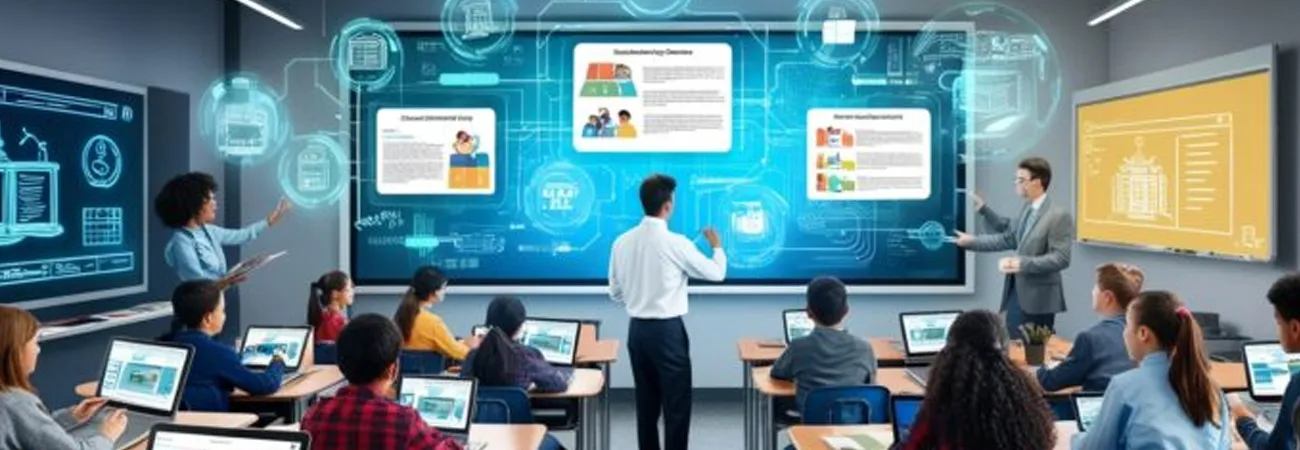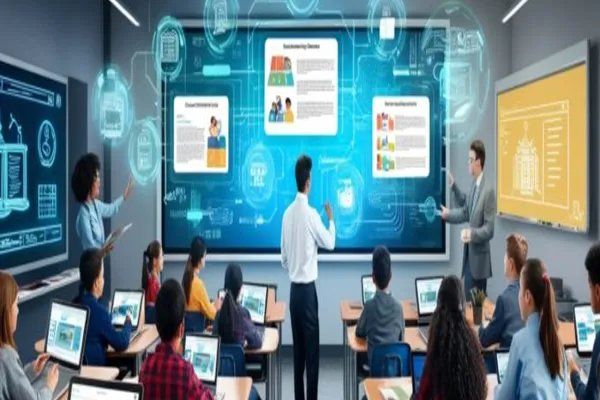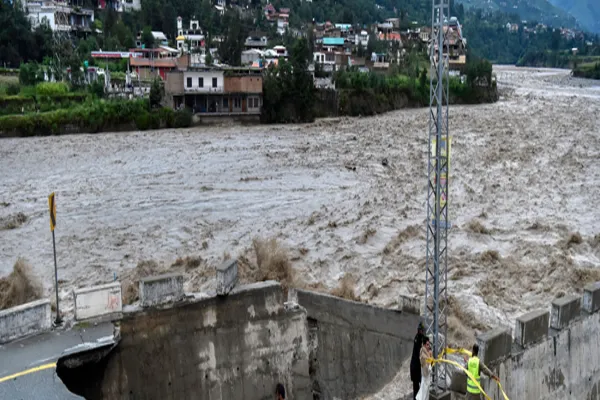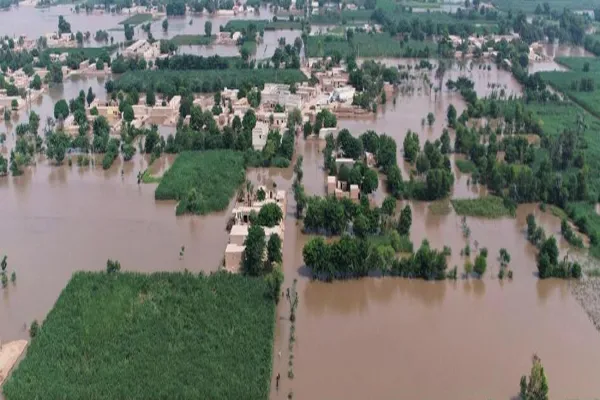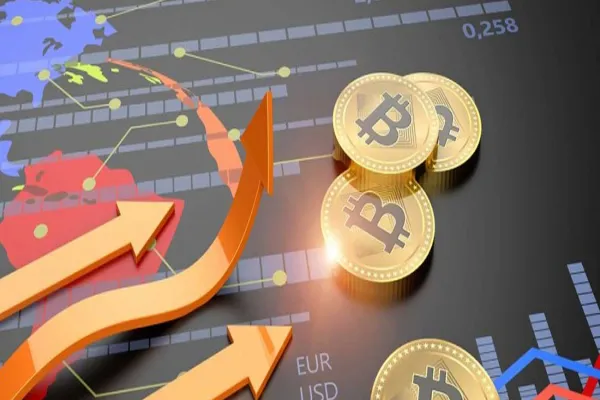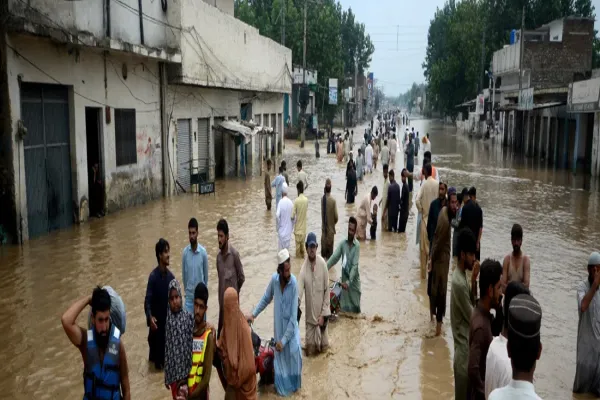i BLOGS
Education in Pakistan is entering a new era. With generative AI tools now widely accessible, classrooms, coaching centers, and even homes are transforming into smart learning hubs. For Pakistani students and teachers, AI is no longer just a buzzword — it’s an active partner in learning, teaching, and preparing for the future.
But what does this AI education revolution really mean for Pakistan? Let’s dive in.
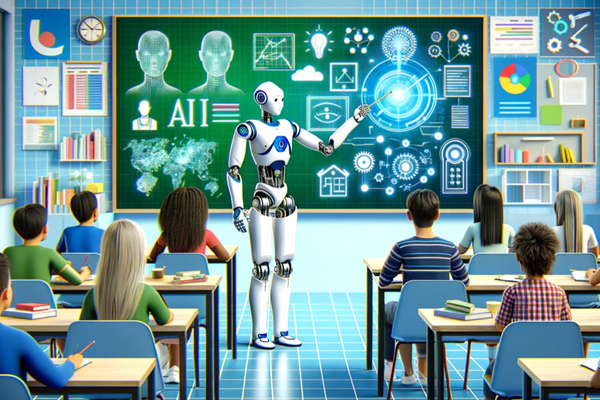
Why AI Matters for Pakistani Education
- Youth population advantage: 60% of Pakistanis are under 30.
- Teacher shortages: Especially in rural areas where access to quality teaching is limited.
- High tuition costs: AI can lower dependency on expensive private coaching.
- Language diversity: AI tools now support Urdu and regional languages.
- Rising internet access: 4G/5G and smartphones are making digital learning more practical.
How AI Is Helping Students
- Personalized Tutoring – Students get tailored explanations, practice quizzes, and instant feedback in subjects like math, English, and science.
- Exam Prep Tools – Mock exams, auto-grading past papers, and adaptive study plans.
- Homework Assistance – AI creates summaries, flashcards, and step-by-step solutions.
- Bilingual Support – Content available in both Urdu & English, bridging language gaps.
How AI Supports Teachers
- Automates quiz & test creation
- Helps design lesson plans in minutes
- Creates visual aids, presentations, and notes
- Allows more time for student engagement instead of admin tasks
Opportunities
✅ Affordable learning resources
✅ Better inclusion for rural & regional language students
✅ Increased flexibility (students learn at their own pace)
✅ Higher engagement with interactive, multimedia content
Challenges
⚠️ Risk of plagiarism & over-reliance on AI
⚠️ Digital divide (students without smartphones/internet left behind)
⚠️ AI errors & biases in content
⚠️ Teacher training & acceptance
Real Examples in Pakistan (2025)
- Edtech startups creating Urdu chatbots for grammar & math help
- Private schools in Lahore/Islamabad testing AI-driven smart classes
- YouTube creators using AI to make explainer videos for matric & FSC exams
- Test prep platforms offering AI-based mock exams for MDCAT, CSS, and IELTS
What’s Next?
To make the AI education revolution sustainable in Pakistan:
- Government must set policies & provide subsidies for rural schools.
- Teachers should get AI training to use tools wisely.
- Startups need localized datasets for Urdu & regional languages.
- Parents should guide students to use AI responsibly.
Conclusion
AI in education is not a distant dream — it’s already reshaping how Pakistani students study and how teachers teach in 2025. While challenges remain, the opportunity to make learning affordable, accessible, and engaging is greater than ever.
The revolution is here. The question is — are we ready to embrace it?
Credit: Independent News Pakistan (INP)



